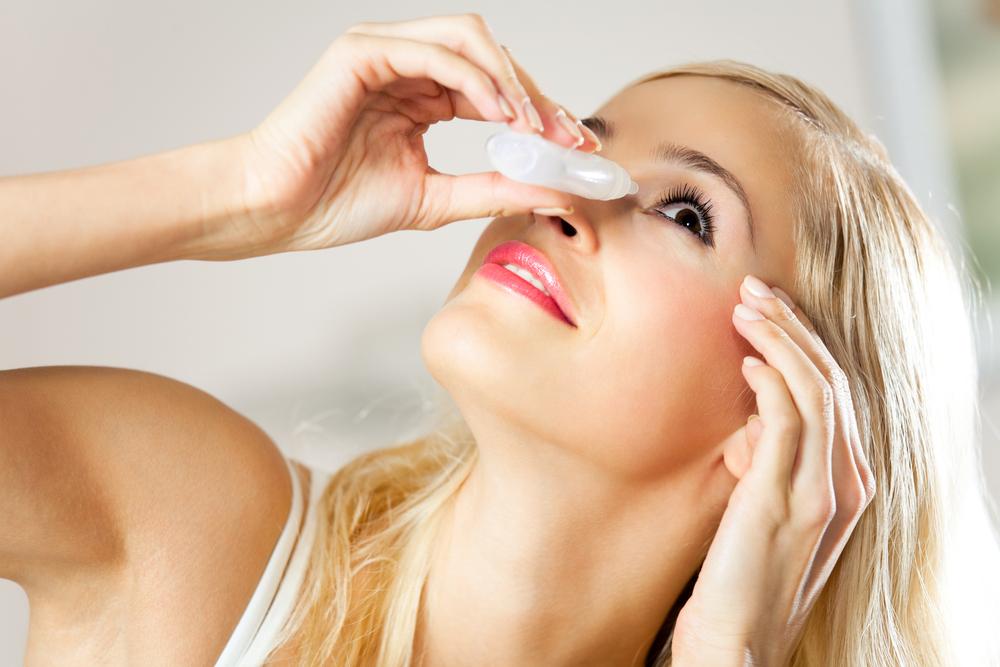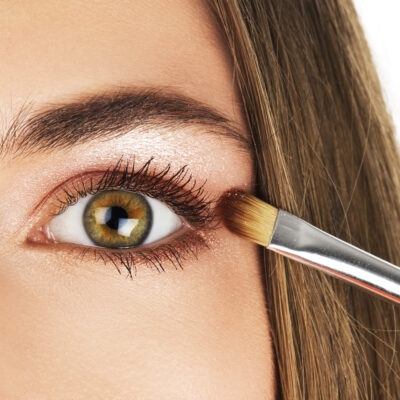
Home Remedies to Cure and Prevent Dry Eyes
There are more than 5 million people in the U.S. who suffer from mild to chronic dry eyes. If you are one of them, you may resort to many over-the-counter eye drops or have even visited your doctor for prescribed medications. However, in most cases there’s an underlying issue responsible for dry eyes. Let’s discuss some of the solutions for dry eyes that will not only help alleviate the associated redness, itching, and pain, but also prevent all from recurring:
1. Blink regularly
Blinking is helpful especially for those who are suffering from chronic dry eyes. It can renew tear film and moisturize the eyes naturally in a way that eye drops and pills don’t. Not blinking enough should a cause of concern for people with dry eyes. Also, there is an added level of concern who cannot or do not blink due to the nature of their job. The American Optometric Association, or AOA, recommends blinking at least 10 times a minute. Unfortunately, this number has dropped to less than half in people who spend most of their day staring at a computer screen.
2. Take computer breaks
As mentioned above, most jobs in today’s world involve working in front of the computer day in and day out. Obviously more problems arises when doing this for a long period of time without a break. Unfortunately, in this case dry eyes are bound to get worse over time. This is why taking frequent computer breaks is important. The AOA recommends following 20-20-20 rule. This means for every 20 minutes, look away for 20 seconds at something that is 20 feet away.
3. Apply warm eye compresses
Applying warm compresses to the eyes can help your eyes produce lipids that can result in good tear quality. It can also reduce symptoms related to dry eyes. The warm compress needs to be at the right temperature: not too hot yet just warm enough for relaxing eyelids.
4. Turn on the humidifier and air filters
Keeping the air moist can ease dry eye symptoms. Certain changes in the eyes take place when the air is dry. According to the National Eye Institute, factors that contribute to dry eyes include, but are not limited to tear evaporation as a result of dry environment and pollution. People living in areas of high altitude tend to get dry eyes more often than those near coastal regions. Dry eyes are more prevalent in big cities where the amount of air contamination tends to be higher than less populated areas.


